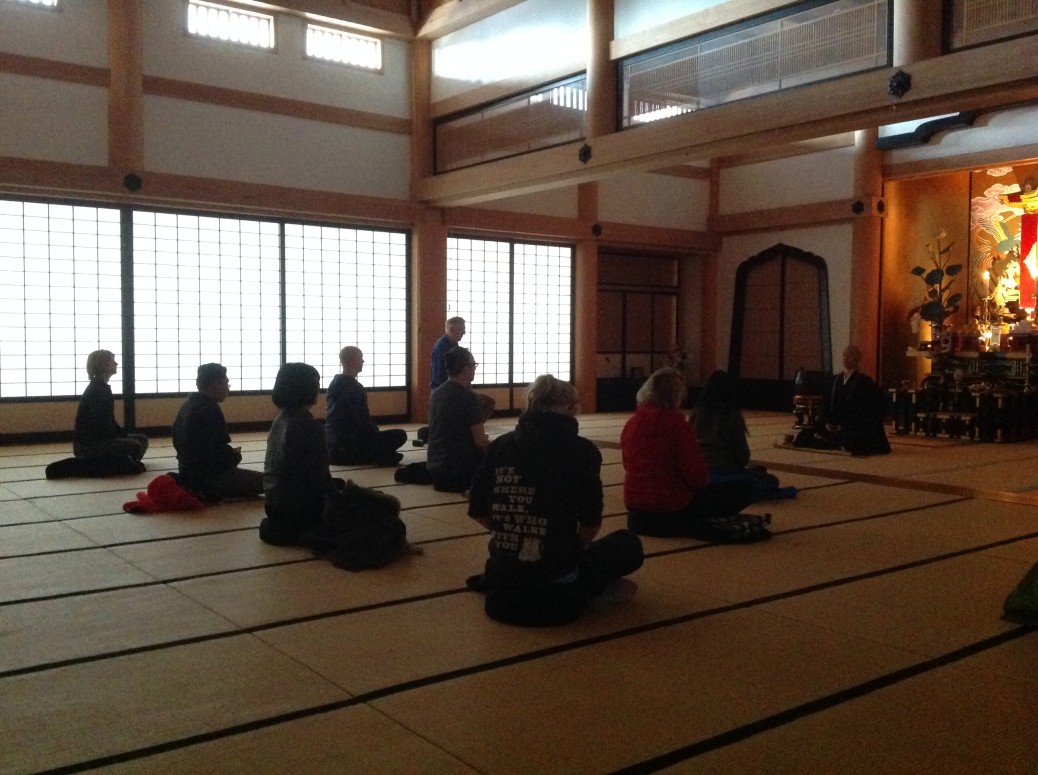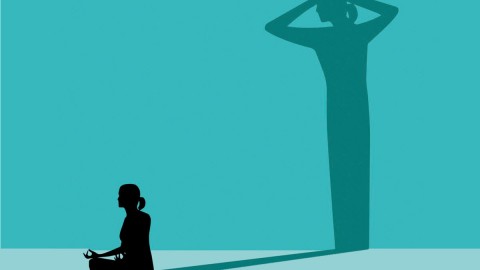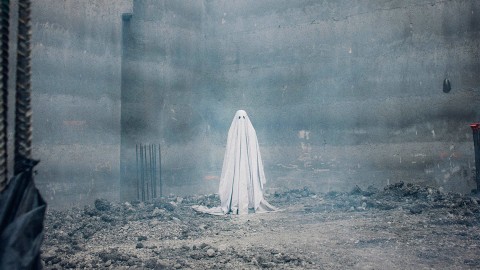Upanishads
To me, the Upanishads are more penetrating because they reach to the very being, to the very core of the problem. Christian or Jewish attitudes are more superficial because they touch on the periphery. They touch the act, not the being. And they think that by changing the acts the being will be changed. It is not possible. You can go on changing the acts but the being cannot be changed because the periphery cannot change the center, the outer cannot change the inner, the superficial cannot change the basic. But if you change the center, the periphery changes automatically; if you change the inner, the outer follows it.
If I change you, your shadow will be changed. But if I try to paint your shadow and change it, you will not be changed by it. And my whole effort will be futile because a shadow cannot even be painted. If you move, the shadow will move with you and my paint will remain on the earth and your shadow will remain untouched. Working with acts is like working with the shadow. What you do is just superficial. What you are, what your being is, is the central thing.
The Upanishads touch the being, so they call agyan – ignorance, unawareness – the only sin.
So one who realizes, thus destroys sin. Just by realizing the Brahman sins are destroyed – all your past sins. You may have committed many wrong acts through lives and lives; they are accumulated there. And they are also destroyed just by your reaching and touching the innermost core of your being.
How are they destroyed? Our calculating minds will think, “I will have to repay each sin. For each sin I will have to do something virtuous to cancel it.” But the Upanishads say that just by realizing it, just by realizing the suchness, all sins are destroyed.
How are they destroyed? – Because you are not doing anything to destroy them. The phenomenon is very subtle. It is just like this: you dream in the night that you are committing adultery, you are committing murder, you have burned a whole city – that you have committed many sins. In the morning you are awake. The dream lingers a little, you remember it but you do not feel any guilt about it – or do you feel it? If you still feel some guilt about it, that means you are not yet awake. You are still sleepy and the dream still has a little hangover around you; it is still with you. When you are really alert and awake, you can laugh about the whole thing because it was a dream. Really, you never committed anything.
The Upanishads say this is the happening: when a person is awakened into Brahman, all the lives that he has lived and all that he has done simply disappears like a long dream. With a new awareness, all that is past appears to be illusory, as if it never happened, or as if it happened in a story – a dream-drama.
That is why Upanishads call this world maya – illusory. Not that it is not, not that it is unreal, but because of this happening, when a person awakens into deep meditation, the whole world he has been living in up to now appears dreamlike; it has no substance to it now.
When one realizes that, the suchness of existence, the Brahman, all sins are destroyed. Nothing is to be done about them. They simply are no more with you, you have passed them, you have gone beyond them. Now they belong to a past memory with no substance in it. You can relate to them as if they were dreams.
Tags: Human Consciousness Samkhya Shunyam Upanishads Witnessing Self Your Acts Are Irrelevant










